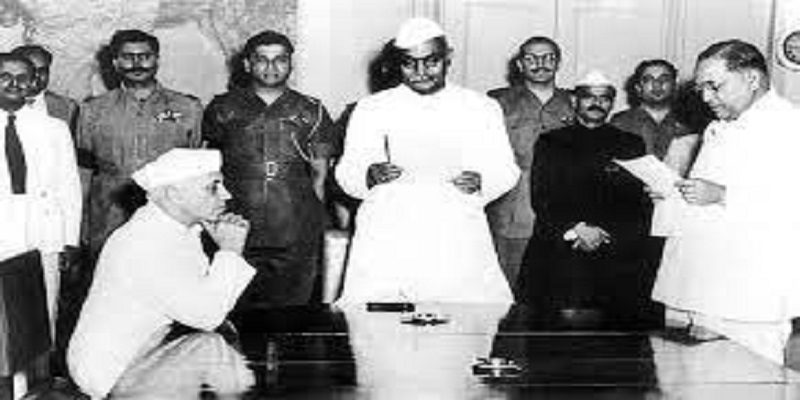Communal Awards of 1932 in Indian Politics
The Communal Awards were a significant historical development in the context of Indian politics during the pre-independence era. These awards, announced by the British government in 1932, were aimed at providing political representation to various communities in British India. The backdrop of the Communal Awards is crucial to understanding their implications and consequences. The socio-political climate in India during the early 20th century was marked by rising demands for greater political representation and rights for different religious and social groups.
By the 1930s, the Indian National Congress, led by figures like Mahatma Gandhi and Jawaharlal Nehru, was at the forefront of the struggle for Indian independence. However, there was also a growing recognition of the diversity within Indian society, particularly in terms of religious and caste differences. The demands for separate electorates for different communities had been articulated by leaders representing various religious groups, including Muslims, Sikhs, and Dalits.
In response to these demands, the British government, under Prime Minister Ramsay MacDonald, announced the Communal Award in 1932. The awards were essentially a mechanism to ensure the representation of different communities in the legislative bodies through separate electorates. The Communal Award proposed separate electorates for various religious and social groups, including Muslims, Sikhs, Christians, Anglo-Indians, and Dalits (then referred to as the Depressed Classes).
One of the most controversial aspects of the Communal Awards was the provision for separate electorates for the Depressed Classes. This move was seen as an attempt to address the social and economic marginalization faced by the Dalits, who were considered as untouchables in the caste hierarchy. The award reserved a certain percentage of seats for the Depressed Classes in provincial legislatures, allowing them to have their own representatives.
However, the Communal Awards faced strong opposition from leaders like Mahatma Gandhi, who viewed the separate electorates as divisive and detrimental to the unity of the Indian society. Gandhi embarked on a fast unto death to protest against the Communal Award, and this led to negotiations known as the Poona Pact between Gandhi and Dr. B.R. Ambedkar, the prominent leader of the Dalits. The Poona Pact resulted in an agreement to reserve seats for the Depressed Classes within the general electorates rather than through separate electorates.
The Communal Awards and the subsequent Poona Pact had a lasting impact on the political landscape of British India. The reservations for different communities in legislative bodies continued even after India gained independence in 1947. The system of reservations for Scheduled Castes (the term now used for
the Dalits) and Scheduled Tribes, as enshrined in the Indian Constitution, traces its origins to the discussions and agreements surrounding the Communal Awards.
The Communal Awards also reflected the challenges of managing diversity within the framework of a united nation. The recognition of separate electorates for various communities was an acknowledgment of the distinct identities and interests of different religious and social groups. However, it also underscored the potential for division and fragmentation within the broader struggle for independence.
The debates surrounding the Communal Awards were not limited to the political arena. They also sparked discussions about the nature of democracy and representation in a multi-cultural and multi-religious society. The idea of separate electorates was criticized for reinforcing communal identities and hindering the development of a cohesive national identity. Critics argued that such a system could lead to the perpetuation of religious and caste-based divisions, undermining the larger goal of a united and independent India.
The Communal Awards, in many ways, laid the foundation for the later debates on affirmative action and reservations in India. While the awards themselves were a response to the specific demands of the time, the broader question of how to address historical injustices and inequalities persisted. The reservations for Scheduled Castes and Scheduled Tribes, derived from the discussions surrounding the Communal Awards, became a constitutional mandate to ensure the representation of marginalized communities in various spheres of public life.
The Communal Awards of 1932 were a pivotal moment in Indian history, marking the formalization of separate electorates for different religious and social communities in British India. The controversy and opposition surrounding the awards highlighted the complex and delicate nature of balancing diversity and unity within the framework of a nation aspiring for independence. The subsequent Poona Pact and the long-term implications of the Communal Awards on the political and social landscape of independent India make this period a crucial chapter in the country's history. The debates and decisions of that era continue to shape the discourse on representation, diversity, and social justice in India to this day.

